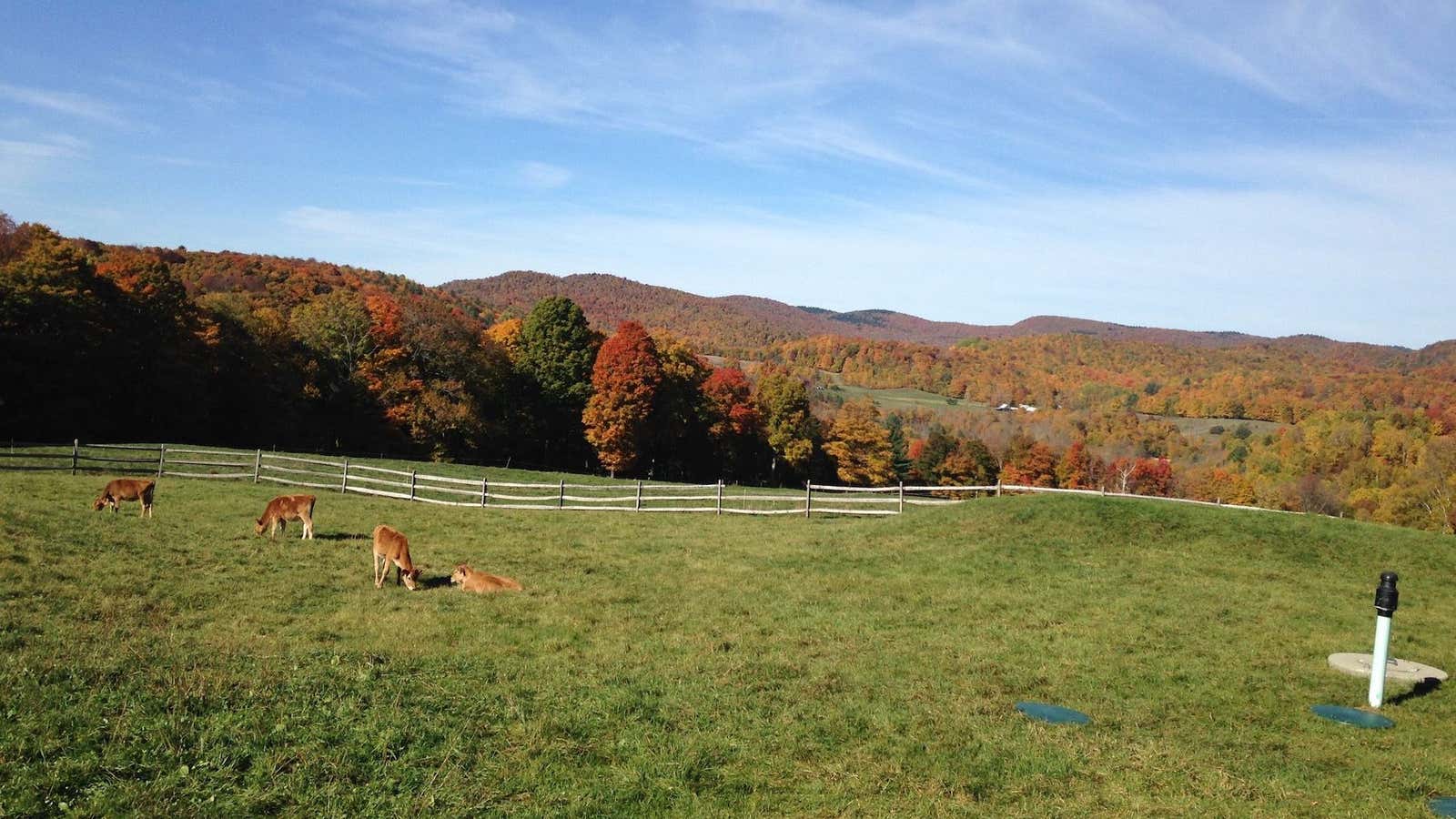Last week for about five minutes, it seemed the entire internet was dreaming of packing up and moving to Vermont. The New England state announced a program designed to lure newcomers to the Green Mountains with up to $10,000 in incentives. Michael Schirling, Vermont’s secretary of commerce, told Vermont Public Radio that the state has since received more than 800 direct inquiries about the program, which is not set to begin until January of 2019.
File that under collective longings, tapped into.
The fantasy is a good one—fall foliage, steaming mugs of herbal tea spiked with maple syrup, a cozy cottage at an affordable price, an easy pace of life, all buffered by relocation cash. The reality, however, is slightly different. The program will reimburse new residents who work remotely for out-of-state companies up to $5,000 a year, for two years, for expenses like moving costs, computers, and shared office space memberships. There’s a cap on the budget for this plan, too—$125,000 in 2019, $250,000 in 2020. Most participants will probably not get the full $5,000 each year. If that sounds confusing, it is—the details about how to administer the program are still being worked out.
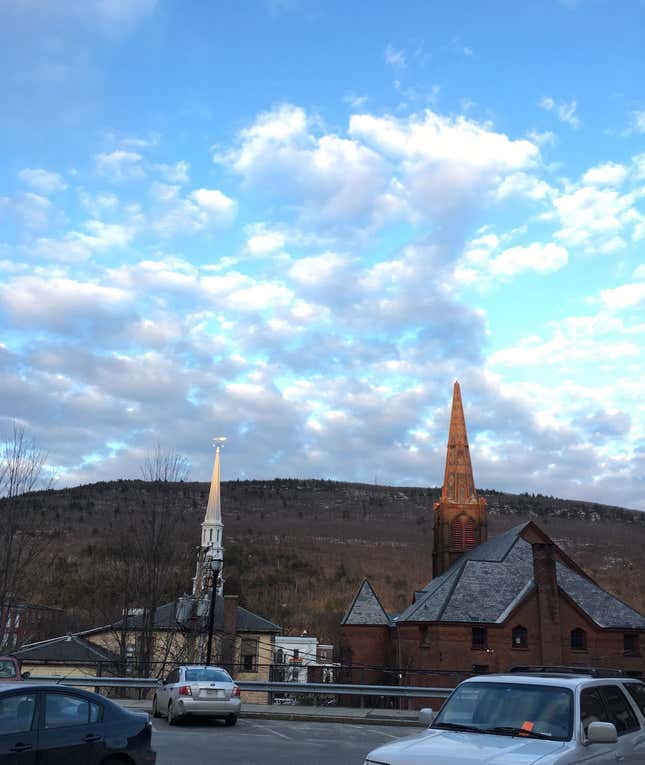
Everyday life in Vermont, too, is much different than a rustic ski weekend. I know firsthand—almost two years ago I moved here from Brooklyn where I had lived for more than a decade, to work first as a freelance writer and editor, and now as a full-time reporter for Quartz. For my family, Vermont has been a reimagining of our lives in every way, most of them positive. I can tell you for sure though, this is not for everyone.
Though Vermont tends toward creative, progressive public policy, it’s far from the first place to try and tempt new residents with cash. In Europe, small towns in Italy and Switzerland have explored similar programs, offering cheap rents, moving grants, and even cash awards with varying requirements for anyone interested in relocation.
Start-up Chile offers entrepreneurs equity-free funding and support, in the hopes of fostering a South American innovation hub. Alaskans each receive a yearly check from the state’s Permanent Fund Dividend, in which profits from the state’s oil industry are divided among residents, typically somewhere between $1,000 and $3,000 per person yearly. The money is not specifically slated to lure newcomers, but it likely helps keep them there.
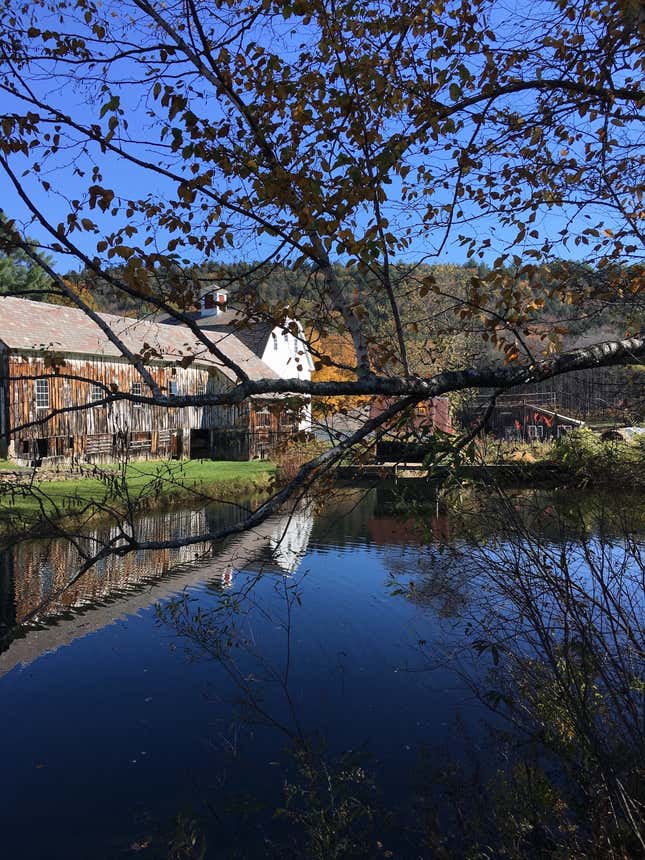
The widely cited figure that more than half the world’s population lives in cities is problematic—the methodology used classifies the small town of 12,000 people that I live in as an “urban cluster”—but what’s clear is that Vermont, and many places with similar demographics, are losing residents while the folks that remain are growing older. At the same time, the promise of the “creative class” and the revitalization of urban centers has reached a tipping point where cities like New York, London, and San Francisco are simply too expensive for many residents.
If you’re intrigued, seeking change, or just over urban life, here’s what it’s really like to relocate.
It’s hard to make friends
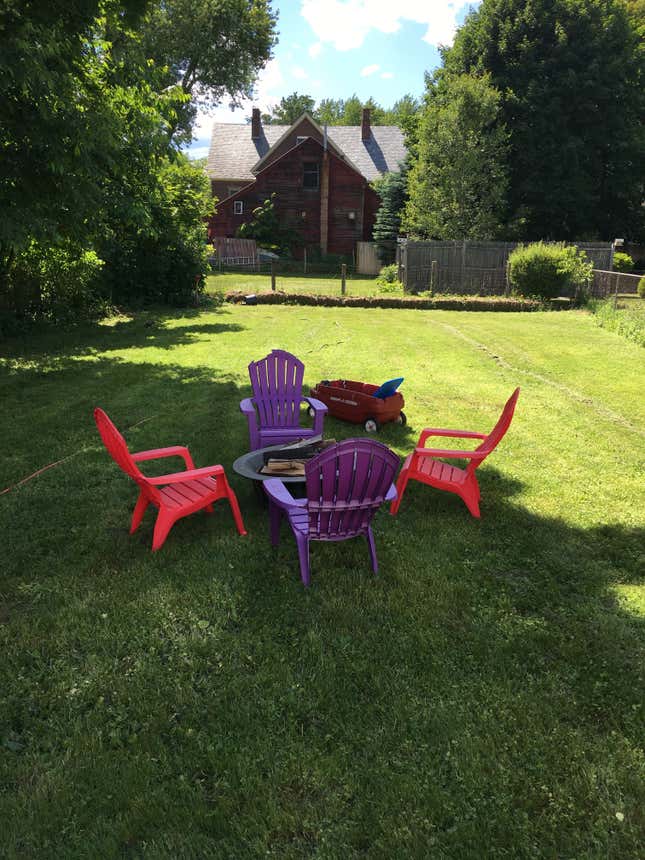
When I moved to New York City in my late twenties I reconnected with college pals and made a whole gaggle of new friends in under a year, mostly because I worked in the service industry. As an adult who now works at home and chases two young children when not in front of a laptop, the process has been much slower. It’s a little lonely at times. You really have to throw yourself into some sort group, whether that’s the PTA, a yoga studio, a volunteer job, or a coworking space to meet people and connect. If you’re working remotely, from home, this task gets even harder. Joining local Facebook groups is a must.
It’s not just that there are fewer people to choose from, the social settings are all different. The “third places” are less about status and consumption and more about community service and volunteerism. When you meet people at a neighborhood barbecue or a school function it’s a little weird to ask what they do for a living, and I’ve had to work hard to revise this very ingrained New York City tic. Not everyone loves a transplant, and don’t even think about calling yourself a Vermonter—I grew up here as did my parents and grandparents on both sides and there is some question as to whether my son, who was born in Brooklyn and moved here at 20 months, can call himself one.
You have to own a car

It never ceased to amaze and impress me, even while standing on a crowded subway while very pregnant, that just north of $2 gets you anywhere in a city like New York you might want to go. My town has a small bus system, an Amtrak station, and we chose to rent a place within walking distance of the downtown, so that strolling for a cup of coffee or a buying a few things from the store is possible and pleasurable. Still, I walk considerably less than when I lived in New York, and, especially in the winter, it’s something I have to make an effort to do. We own, maintain, and insure two cars, which is one of my least favorite realities of rural life. We simply couldn’t get most places without them. And there always has to be a designated driver.
Things are cheaper…mostly
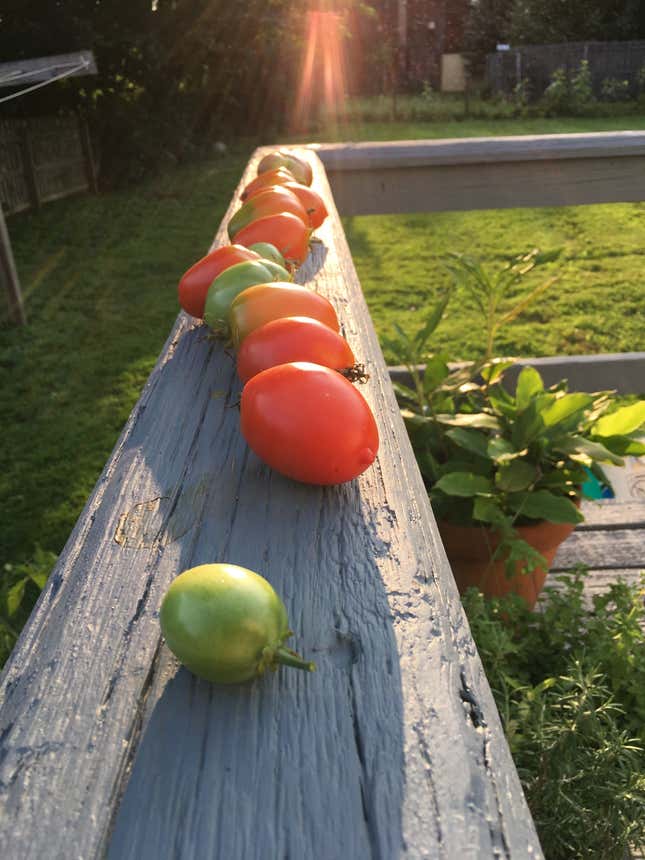
In most dense urban places it’s very difficult to not just spend money all day long, on coffee, lunch, an umbrella, bus fare, yoga class—I used to joke that there was a $20 NYC tax just for walking out your front door, it was so easy to be separated from my dollars. That happens much less in Vermont because the culture around money is much thriftier, and there are just fewer things to buy. Grocery shopping is much cheaper, especially when you can stock up on things in bulk because you’re loading them into your car and there’s plenty of storage at your house.
Housing dollars go a lot further in Vermont than in New York, Boston or San Francisco—if you’re buying. Rents are more expensive than you might expect, but you get a lot more for your money. And you should definitely rent for the first year or so. That romantic notion about life at the end of a dirt road gets more complicated during a snowstorm or when the grocery store is a 30-minute drive away and you just arrived home only to realize you forgot an important ingredient for dinner. It’s also just difficult to get a handle on a town or a neighborhood by visiting, especially residential areas where there’s not a cafe you can post up in for a few afternoons and see who comes and goes. Do that on a quiet street and you’re a creep.
Air travel is one thing that is more expensive, and less convenient, especially when you factor in paying for parking at the airport instead of taking public transportation or a cab. Smaller airports have considerably fewer direct flights so what could be a quick trip turns into an entire day of traveling.
Life mellows—and so do you
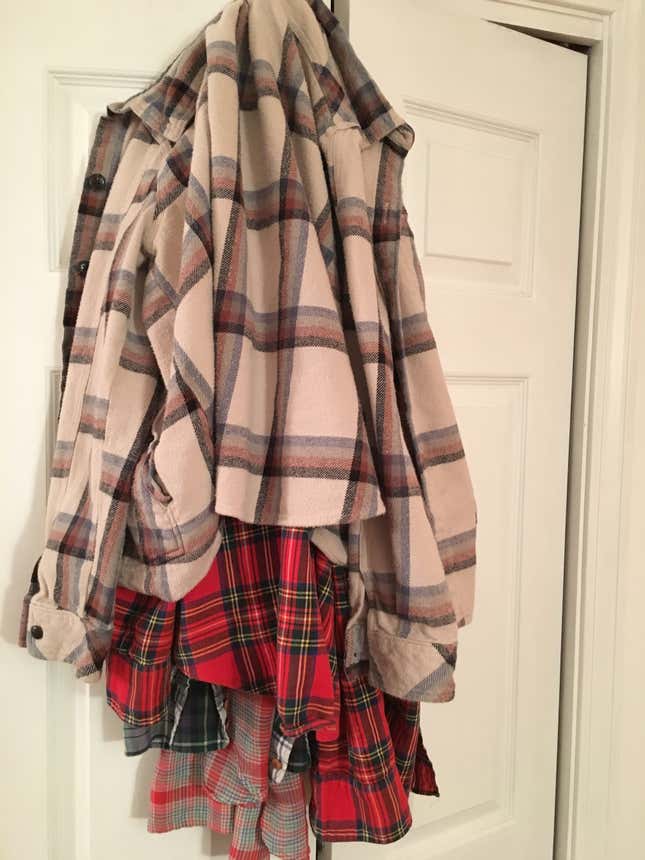
On a typical weeknight in my town there just isn’t a place to get a drink after 9pm, unless it’s out of your own liquor cabinet. For a lot of the year it’s actively pleasant to be outside. In the winter cultivating coziness inside feels like an art. I’m more likely to talk about gardening than work when having a beer with friends. We cook at home for almost every meal, partially because we have the luxury of time, and partially because there are very few choices for delivery. We eat dinner at 6pm, 5:30 in the winter. Structurally, your life takes a quieter turn.
The biggest change is that despite a much mellower life, my FOMO has dropped considerably. As the parent of small children, my life is constrained in many ways, but my frame of reference has shifted. A night spent at home in New York always felt like a night spent missing something amazing. Here it feels like time I get to myself. I have actual hobbies again.
Perhaps the best thing is that when I visit New York, which I do fairly regularly, I love it as wholeheartedly as I did when I first moved there and riding in the back of a cab late at night while drunk seemed like the most impossibly cool thing a person could ever do. Train delays, summer garbage smells, and noise don’t bother me, because they’re not my everyday. If you can swing it, you like working remotely, and love different parts of the city and the country in equal measure, this arrangement really can be the best of both worlds. It is for me, most of the time.
